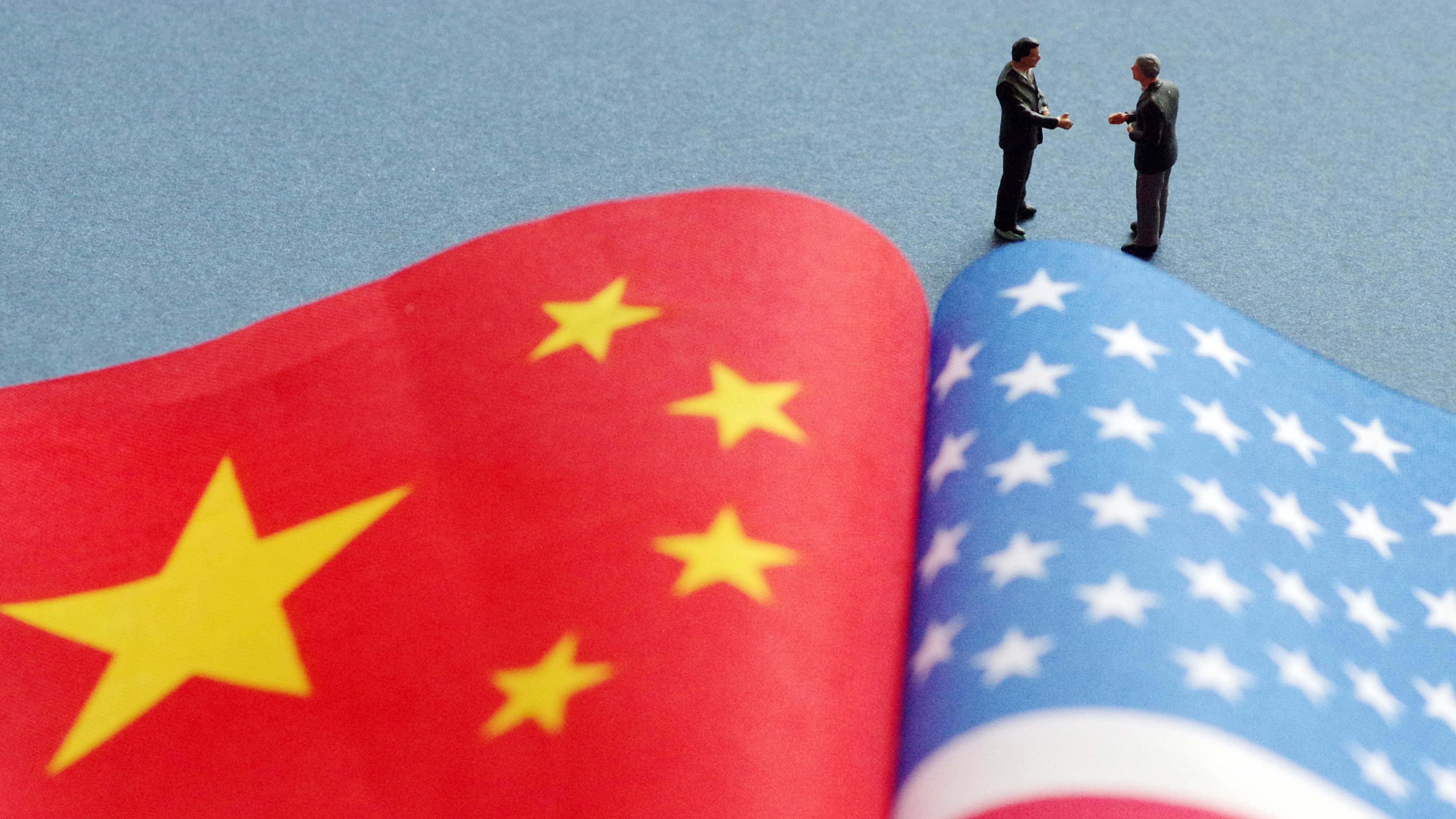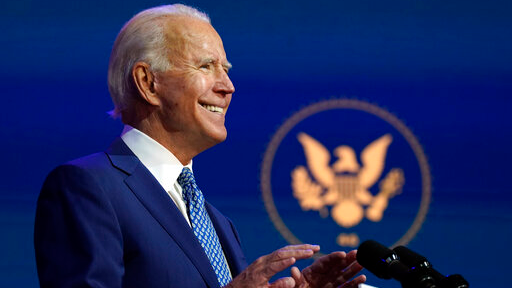
File photo: agencies
The past 24 hours have seen an industrial load of anti-China measures pressed in the United States, as well as an extreme escalation of rhetoric. The Trump administration has banned cotton imports from Xinjiang, has limited visa access for members of the Communist Party of China, has blacklisted Semiconductor Manufacturing International Corp (SMIC) among others as "military-controlled," and also had top officials claim that Beijing is seeking to infiltrate the Biden administration, steal U.S. technology and have intelligence chiefs raise a bizarre claim about China creating "genetically modified soldiers," as well as claiming the country is "the biggest threat since World War II."
What is going on here? The Trump administration is now dramatically ramping up tensions again because it seeks to immortalize its "Cold War" legacy on China, and do as much damage as possible to the bilateral relationship between the two countries before January.
This was always going to happen. With the Biden Administration on the horizon, it seeks to lockstep the new White House in both word and deed into a hard-line stance on China which will make it politically untenable for it to roll back, save that Beijing itself makes big concessions to American interests. This involves new sanctions and industrial-scale promulgation of McCarthyism.
The Trump administration has depicted its own actions and legacy as fundamentally resetting the paradigm of U.S.-China relations. For them, this is not a flash in the pan, but an aspiration for something permanent. When Mike Pompeo made a notorious speech on China in July, he purposefully chose the Nixon library as his destination to make a symbolic point. In 1972, President Nixon had met with Mao Zedong in a history-making visit which opened up a new window of engagement and cooperation between Beijing and Washington. Pompeo's wish was to symbolically see that end, to open up a "new window" depicted by a "Cold War"-style confrontation, American chauvinism and the depiction of Beijing as a hostile, rival country. The entire legacy of that era would be in narrative, dismissed as a naive mistake.

Joe Biden speaks at the Queen Theater in Wilmington, Delaware, the U.S., November 9, 2020. (Photo: AP)
Not surprisingly, the U.S. administration has since that time rolled out measure after measure on China; there's been roughly one or two every week to boot. This included increased sanctions on Hong Kong officials, Xinjiang, expanding blacklists on Chinese technology, engineering and construction companies, the South China Sea, expulsion of Chinese students, growing violations of the One China Principle, attacks on Chinese media and more.
The broader policy is clear: To stifle China's advances in technology, to try and contain projects such as the Belt and Road initiative, to support separatism in Hong Kong, Taiwan and Xinjiang, and above all, to seek containment of a rising China in the pursuit of American hegemony.
The timing is not coincidental. There has been persistent anxiety that a Biden administration does not see eye to eye with their Cold War vision for the world, that he may seek negotiation, cooperation and stability with Beijing rather than a sledgehammer, and thus he may "rollback" the measures implemented by the Trump White House in some areas. To make sure this is impossible, the Trump administration is now using its dying daisy to peddle McCarthyism and fearmongering, to smear China falsely as an infiltrator, an espionage threat and paint it in more threatening terms than the initial Cold War itself. If Biden was to attempt to touch anything, he will be deemed a collaborator, thus forcing him to pay lip service to the new hostile environment the Trump White House has created.
This means that even if Biden is not as erratic or aggressive as Trump, the new presidency is hardly going to be more assuring. However, this is a world that desperately needs stability between its two largest economies. A global recovery is needed, and the idea that China can be excluded or decoupled from that is not grounded in reality or practicality. The seeds which the Trump administration are sowing are weeds which may tie Biden's hands, but will prove detrimental to America's best interests in the long run.
As a result, China will not play ball to the trap of growing confrontation and escalation, but will ultimately urge the United States to come to its senses and act with reason. Beijing is prepared to defend its best interests where needed, but will continue to point towards the bigger picture that a cooperative and constructive relationship remains in the best interests of both countries. A Cold War is bad for the world, and whilst the mainstream media are quick to denounce Trump's legacies on many things, this ought to be one of them.


